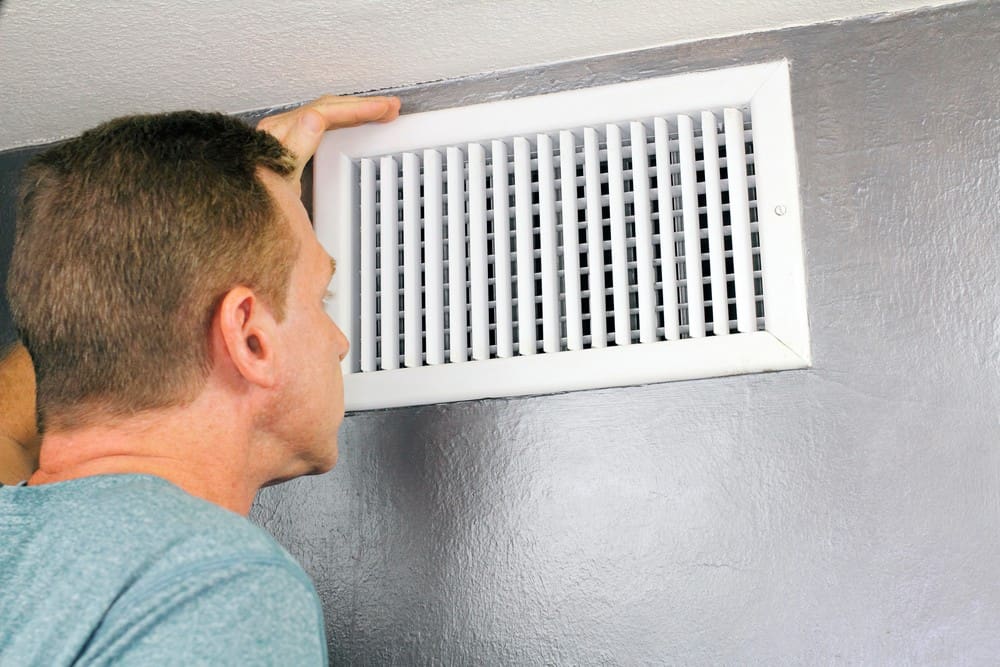The HVAC Checklist When Buying a House

Buying a home comes with a lot of risks. But most of them are fairly reasonable, except for two things: HVAC systems and roofs. Both HVAC systems and roofs can cost you tens of thousands of dollars. But you can check things with your HVAC system before you commit to a purchase.
Here’s a step-by-step guide.
Ask How Old the HVAC System Is
An HVAC system that is 20 years old is at the end of its lifespan. You may need to factor the cost of a new HVAC system into the cost of purchasing the house. Sometimes, you can even ask the seller to replace the HVAC before you buy the house as a condition of sale.
If you save $20,000 on the purchase of the home, a $20,000 HVAC system may not be a big problem. But if the house is at regular market value and has a dying HVAC system, replacement cost could be an issue.
Perform a Visual Inspection of the Duct Work
Don’t just trust that the duct work functions correctly. The duct work is one of the most common issues with an HVAC system. Pests can get into the duct system, chew through it, and cause leaks. Luckily, duct system repairs aren’t as expensive as repairs on the actual HVAC system, but they can still cost a bit.
If you can get a quote for the duct work, you may be able to get it as a part of the seller’s concessions.
Ask What Refrigerant the HVAC System Uses
Many older systems use R-22 as a refrigerant. This type of refrigerant has been made illegal by the EPA. In 2020, it won’t be manufactured anymore. If the HVAC system in the home uses this refrigerant and needs a recharge in the future, you will probably need to either upgrade your entire system or pay for it to be retrofit to use a different refrigerant. Neither of these options is very affordable.
While you could possibly source old refrigerant for a little while, it’s not a feasible option moving forward.
Get a Technician to Look at the Size
The size of your HVAC system matters. Even if it works great, if it’s too small, it won’t cool efficiently. You can ask the seller to disclose their recent energy bills. An under-sized unit may appear strong, but it will use a lot more energy because it will have to turn on more frequently.
A technician can look at the model of HVAC system you have and calculate the square footage that it can support. If the square footage is too small for the property, you will need an upgrade. A split-level unit can help an under-sized unit without upgrading the entire system.
Pay Attention to the Temperature of Each Room
Is the living room freezing but the bathroom warm? The vents might be calibrated incorrectly. Either the HVAC system isn’t balanced properly or it could be struggling. Either possibility is a good sign that you should have a professional take a look. (It could also be something as simple as a blocked vent. Be sure to check.)
The bottom line is that an HVAC inspection is usually advised before you purchase a home. An HVAC inspection will go over the most common issues with the HVAC system to help you negotiate. A bad HVAC system doesn’t mean that you have to decline the house entirely, it just means that you should get some concessions to compensate.
To schedule an appointment to inspect the HVAC system in your future home, contact the Comfort Medic Heating & Air Conditioning.

